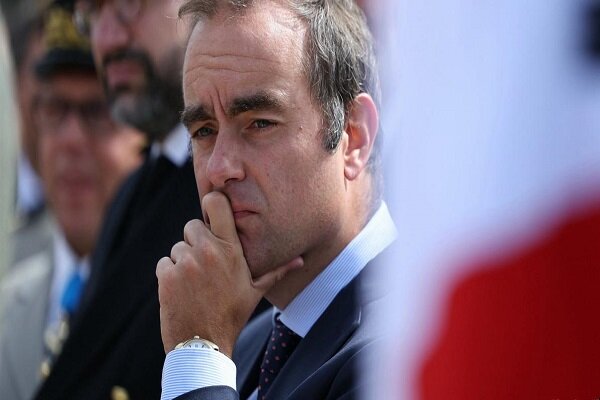France’s 2026 Budget Stalemate: Le Maire Faces Tax Crisis and Threat of Collapse

Guest Commentary by Amirhossein Moghimi: As the National Assembly moves into sensitive stages of examining the 2026 budget bill, sharp conflicts between parties have brought Sébastien Lecornu’s government to the brink of a political crisis. Debates over “tax justice,” property taxes, inheritance rights, and unexpected votes from the far-right National Rally party have cast serious doubt on passing the budget.
On Monday morning, the Assembly resumed discussions on the “revenue” section of the 2026 budget. More than 2,400 amendments remain pending as the government intensifies negotiations to maintain its fragile majority in parliament. Today, Prime Minister Lecornu will meet parliamentary group leaders seeking to ease tensions and advance budget approval. If deadlock persists, debate on this bill might potentially be temporarily halted to focus rather on social security financing legislation.
The core of these clashes centers around tax justice reforms – particularly proposals on capital gains taxes for real estate and inheritance tax changes. The government aims to secure new revenues to cover fiscal shortfalls but faces broad opposition both inside and outside parliament.
Meanwhile, Marine Le Pen’s National Rally party surprised observers by voting within 24 hours for increases totaling €34 billion in new taxation measures. Typically opposed to tax hikes, this party forged a temporary alliance with Socialist Party members, centrists (MoDem), and Liot group deputies supporting an amendment converting wealth tax on property (IFI) into a tax on unproductive wealth.
This move did not ultimately help secure government backing but highlighted France’s unpredictable parliamentary coalitions and instability. Three weeks after maintaining his post as prime minister, Sébastien Lecornu now faces his toughest political test yet. In an interview with Le Parisien newspaper he said:
This is an endurance race where we could stumble at any moment.
Lecornu realistically stressed that his government’s survival depends entirely on opposition decisions; if they choose to topple it, it will happen. His management is working hard to balance tax justice with middle-class satisfaction and political stability-but current parliamentary dynamics indicate no stable coalition exists willing or able to navigate this crucial phase successfully. Should today’s talks between Lecornu and group leaders fail to deliver results, suspending budget consideration or even falling of the government would no longer be unlikely scenarios.


